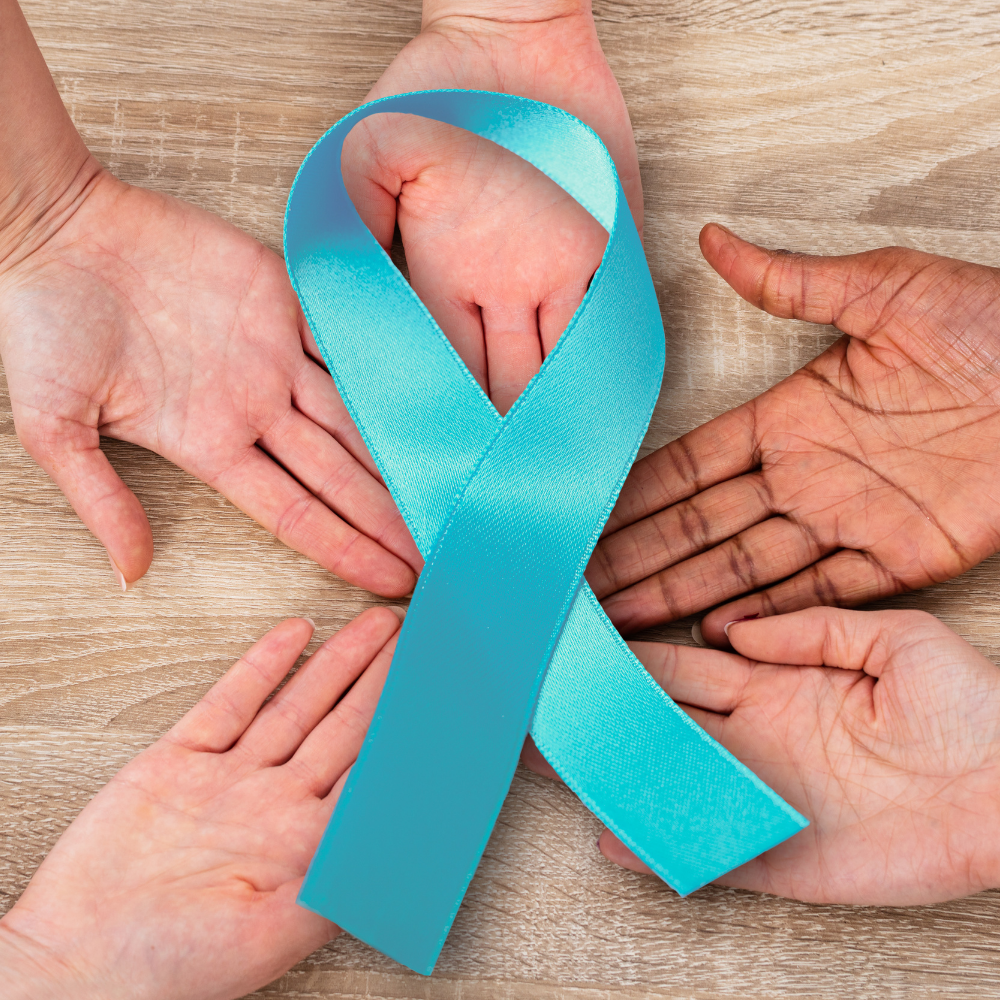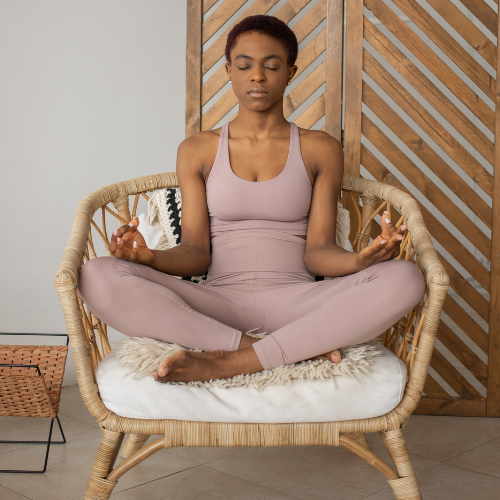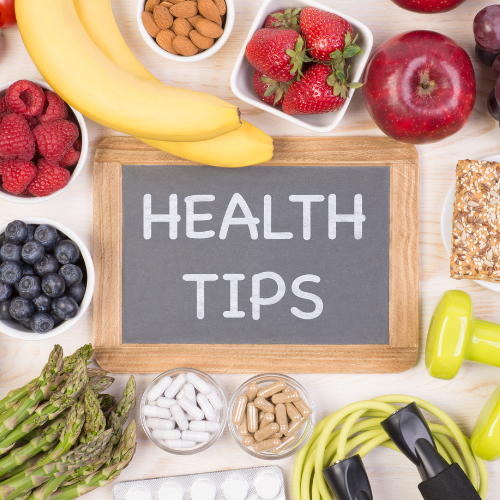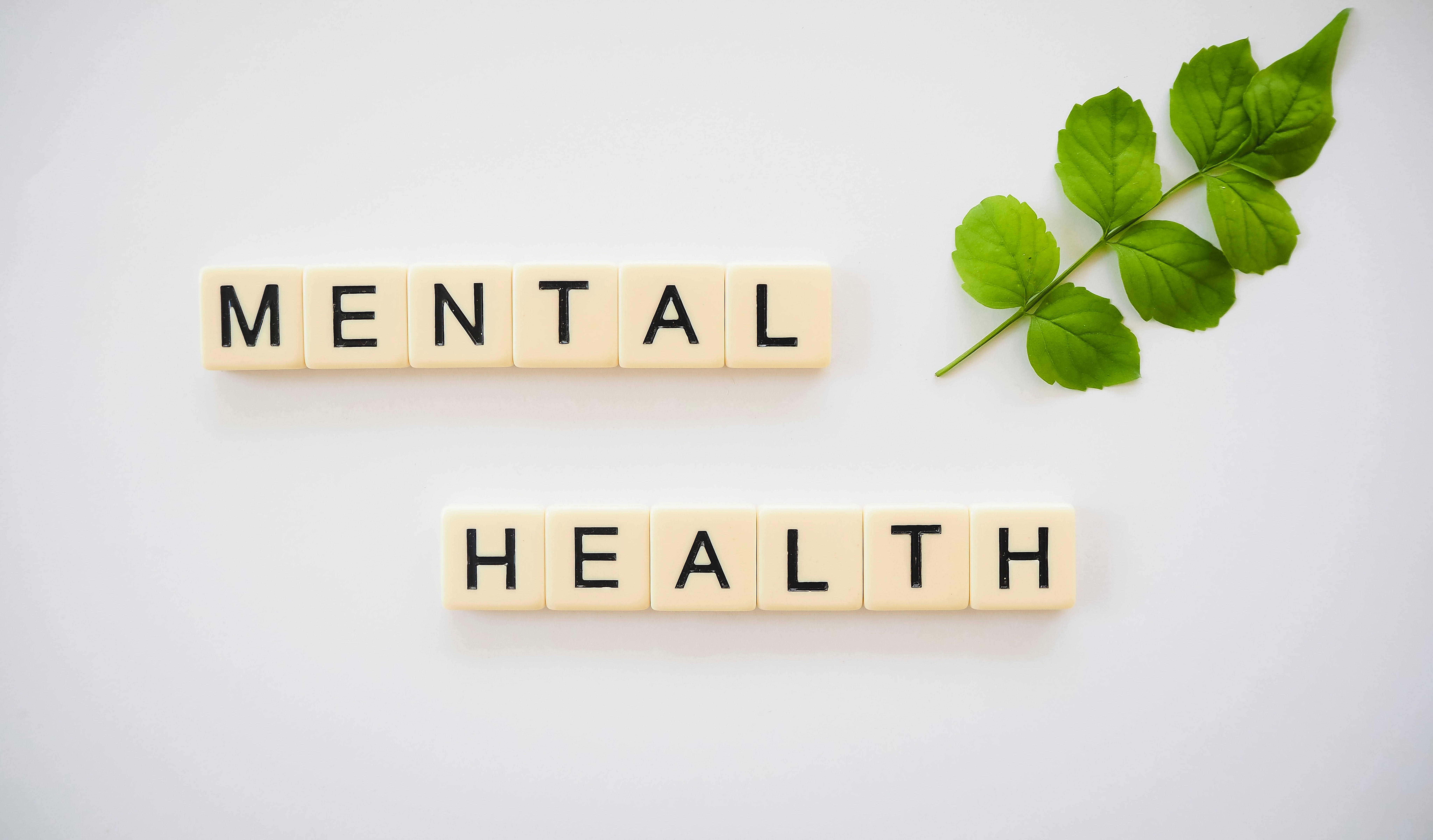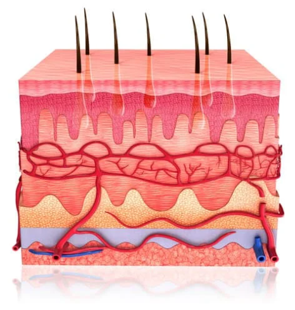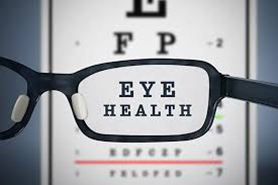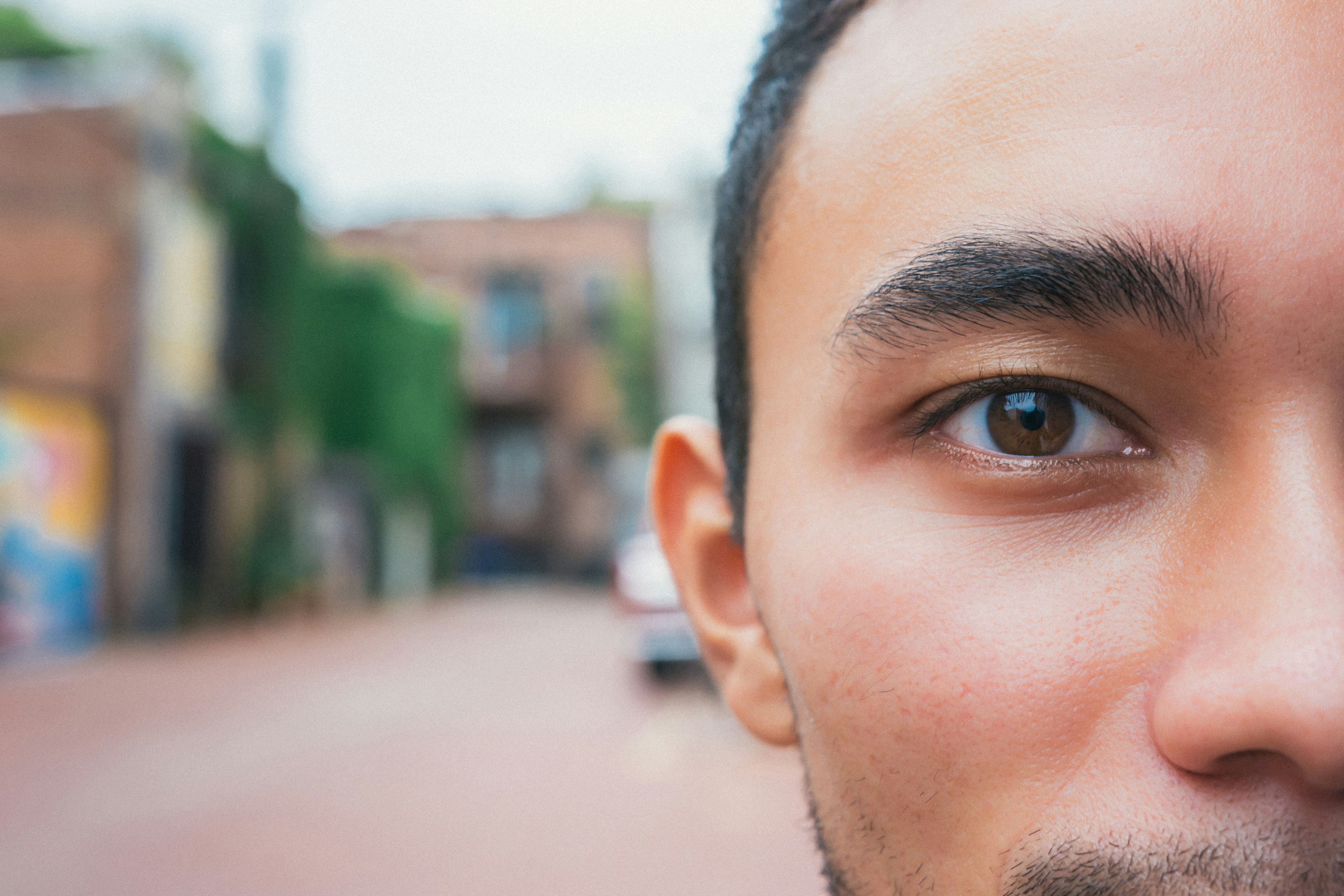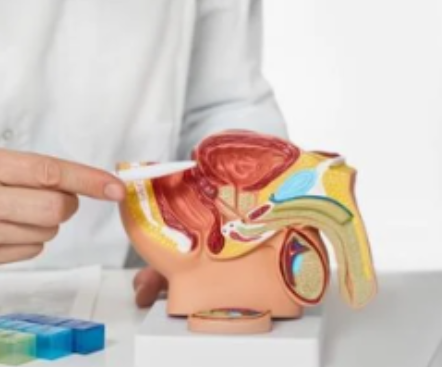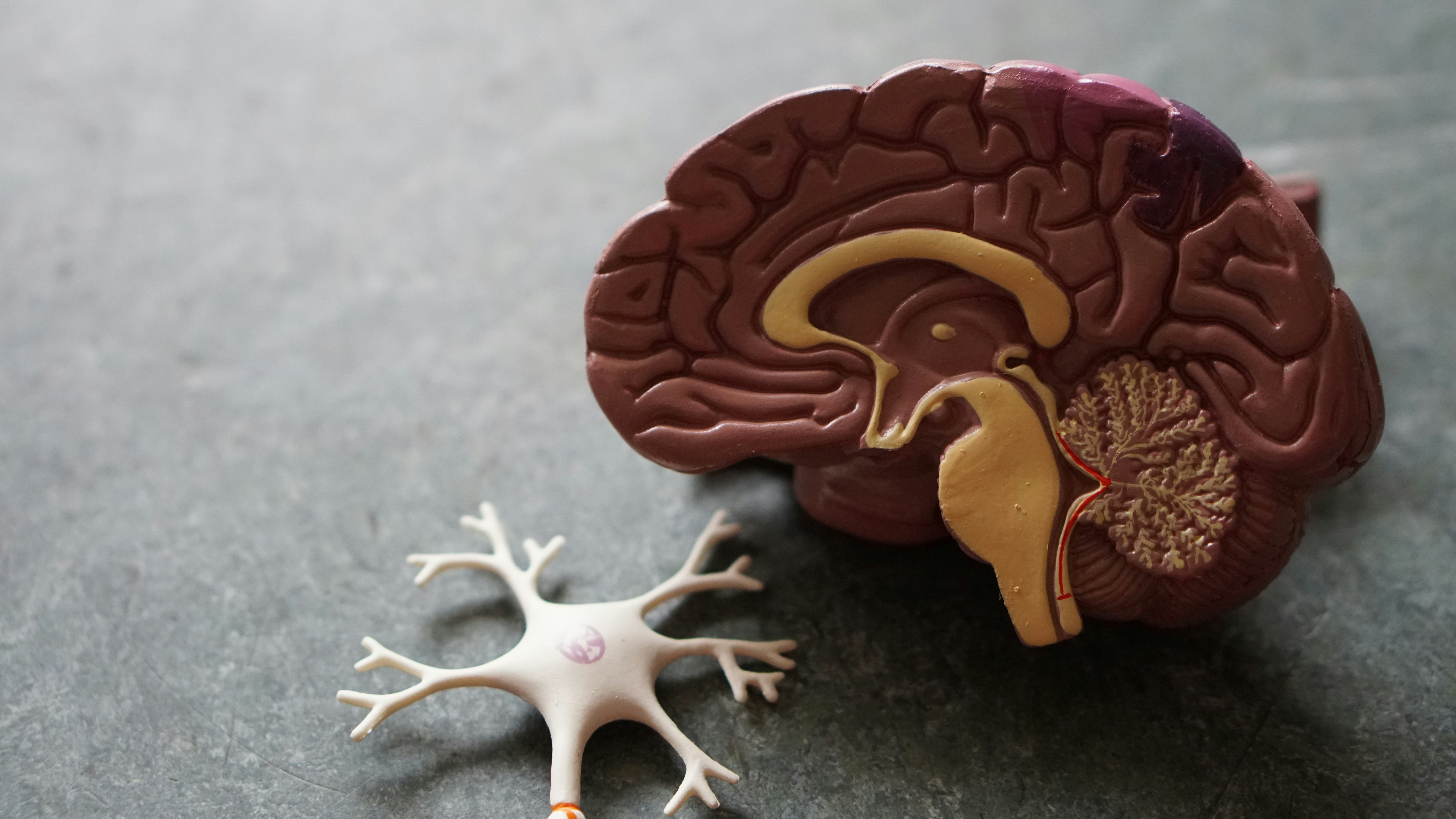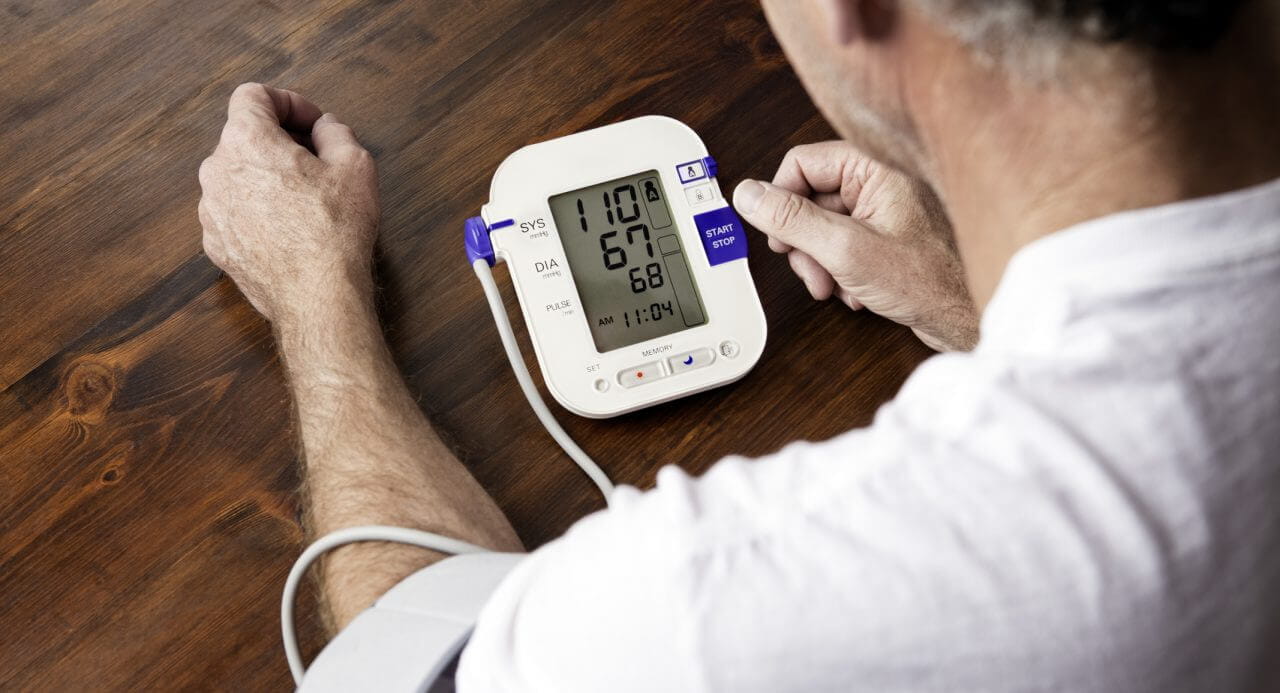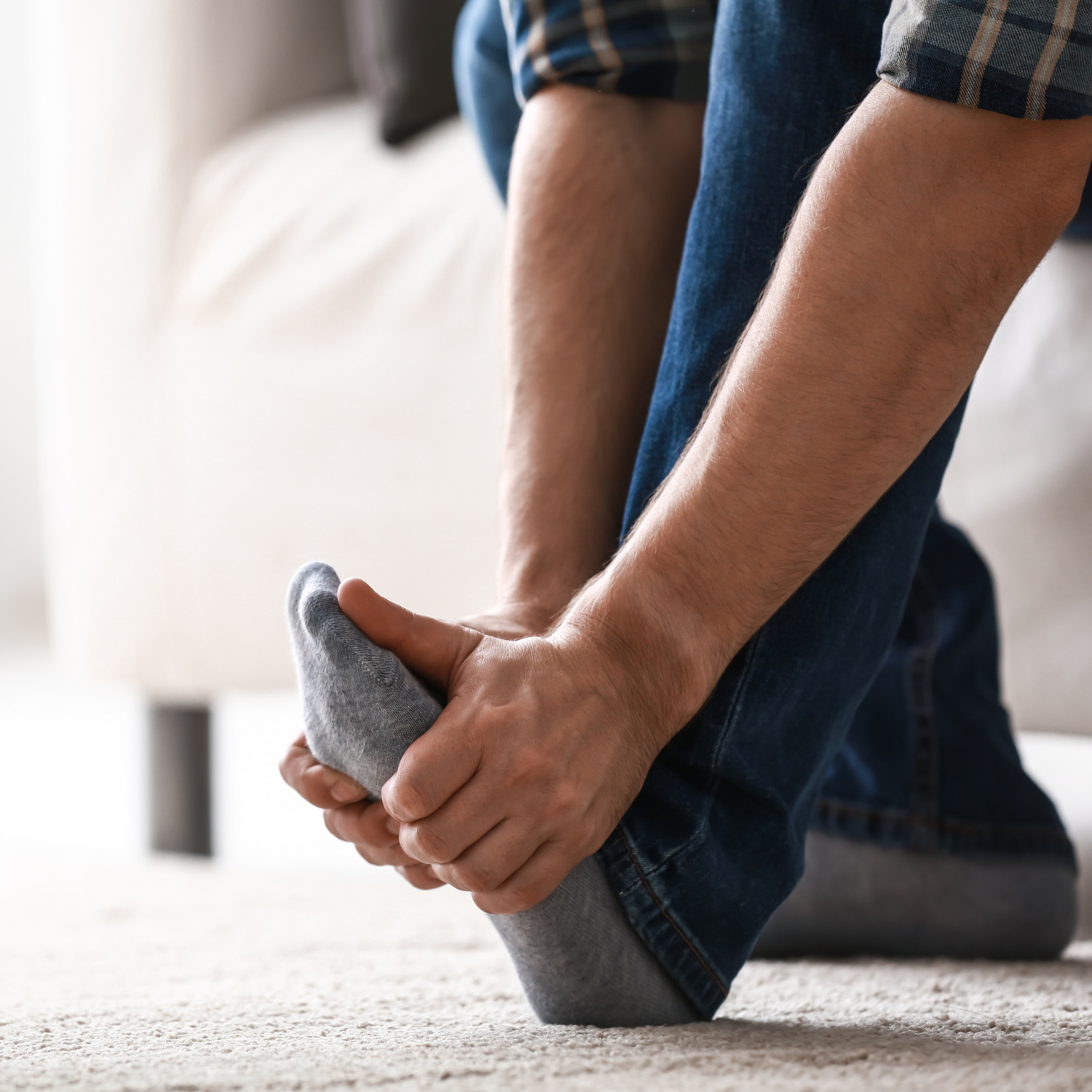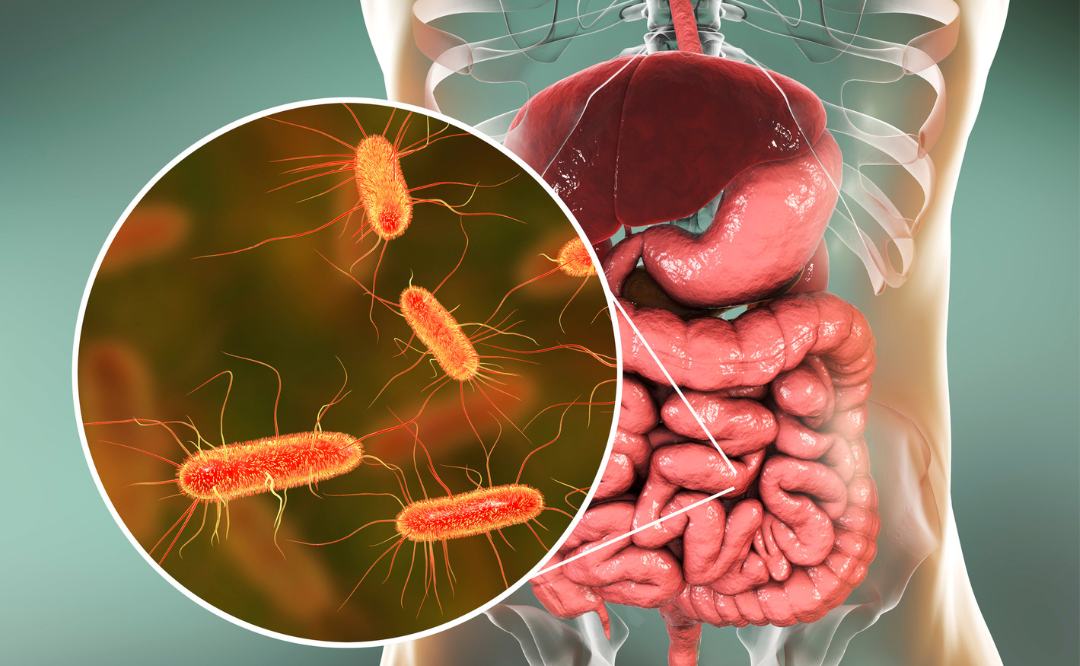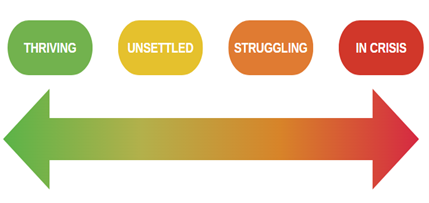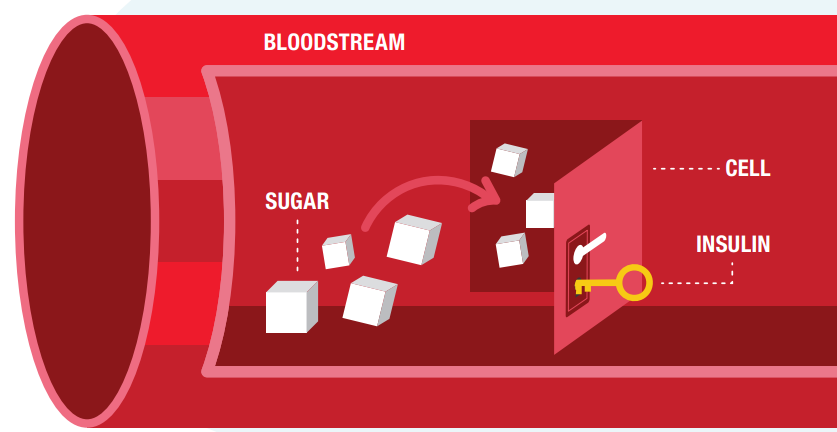
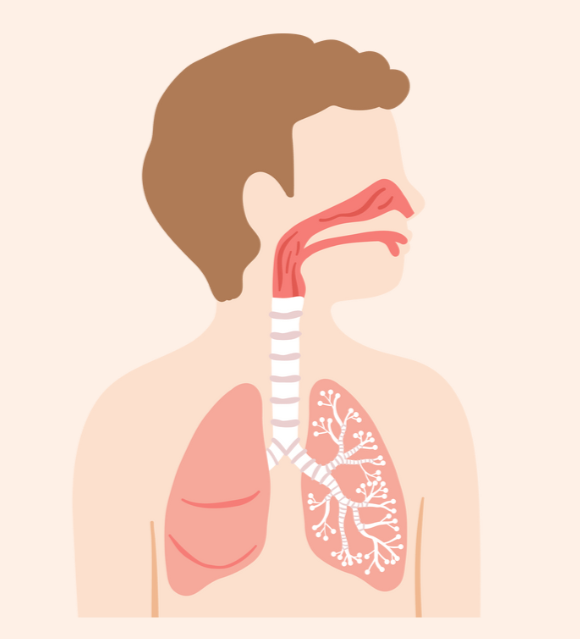
You take ~20,000 breaths a day, but how many of them are healthy?
At first glance, this question might sound like we are suggesting some breaths are “bad” and others are “good.” But that is not quite the point. Instead, this statement is meant to spark reflection; not about each breath in isolation, but about the overall quality of your breathing and the environment in which you breathe.
Think of it as a figurative nudge: if you are breathing 20,000 times a day, what are your lungs exposed to during those thousands of breaths?
Important questions to consider:
Are you breathing clean air?
If you live in an area with traffic, smoke, or poor outdoor air quality, your lungs may be working harder than you realize. You can protect yourself by checking local air quality reports before spending time outdoors. On high-pollution days, consider staying inside, using an air purifier at home, and wearing a mask outdoors if needed. These small steps can help reduce harmful exposure.
Is the air quality in your indoor environment safe?
Common indoor pollutants, such as secondhand smoke, scented candles, mold, dust, or strong cleaning products, can irritate your lungs over time. Try using unscented or natural cleaners, wear gloves or a mask while cleaning, and avoid using aerosol sprays or air fresheners. Keeping your home clean and well-ventilated can also make a big difference.
How do your lungs feel?
Do you often feel short of breath, wheeze, cough, or feel tightness in your chest? These can be signs that your lungs are not working as well as they should. Speak with your doctor, nurse practitioner, or local health care provider for a lung check-up or assessment. If you ever experience sudden breathlessness, chest pain, blue lips or fingertips, or confusion, go to the emergency department right away.
Do you move your body?
Physical activity supports healthy lungs. Activities like walking, stretching, or engaging in regular movement help your lungs take in more oxygen and improve their function. This also helps your body become more resilient to the effects of air pollution or lung illness.
Do you have any lung conditions?
If you live with asthma, chronic obstructive pulmonary disease (COPD), or have a history of smoking, your lungs may need more support. Stay on top of your medications, avoid triggers, and work with your healthcare provider to create a personalized management plan.
You may not be able to control every breath you take, but you can take steps to protect and strengthen your lungs. Pay attention to your air quality, stay active, avoid harmful exposures, and speak with a health professional if you notice any changes in your breathing. Every breath counts — make them as healthy as possible.
Written by Sydney Glac, Health Promotion Coordinator




















































